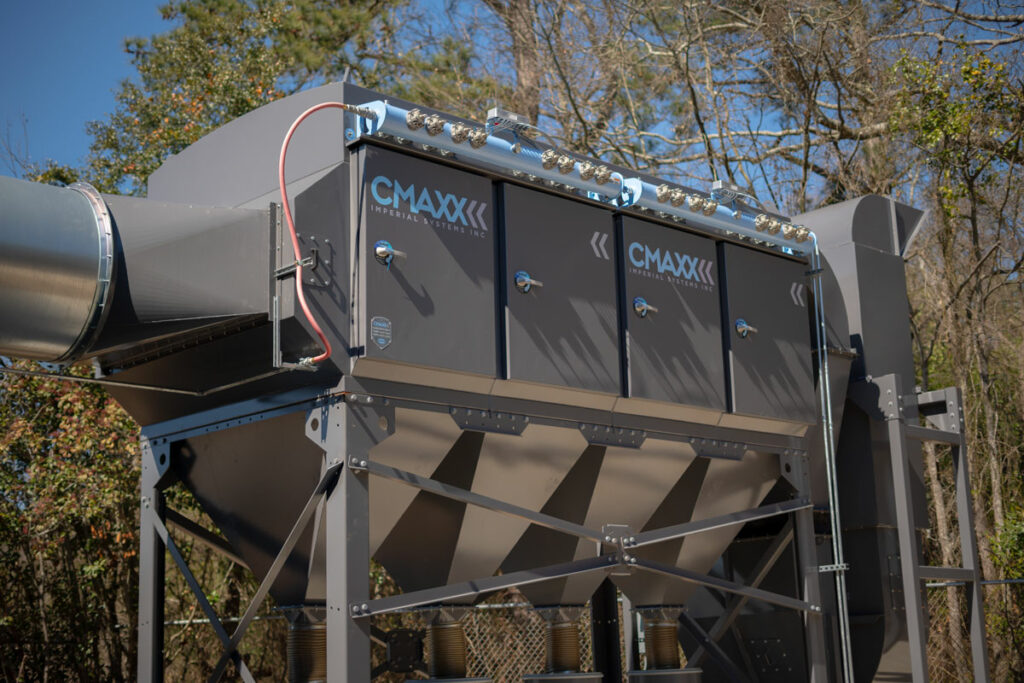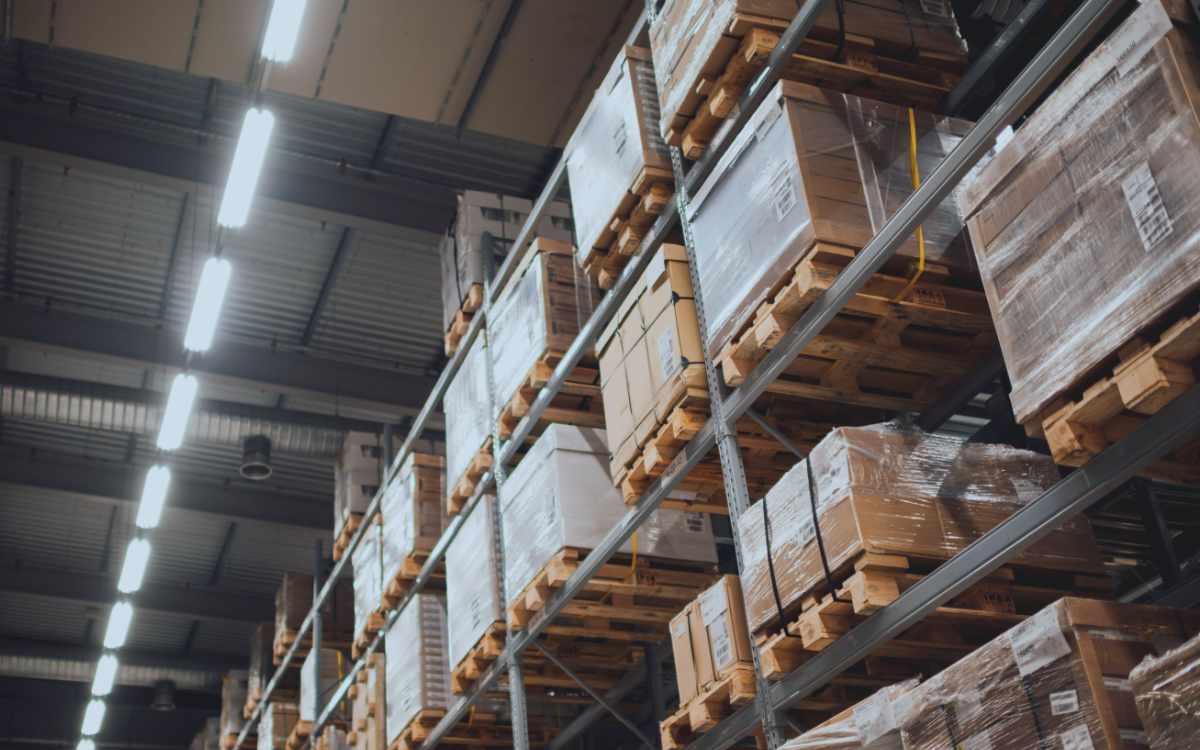When it comes to industrial operations, air quality management is a crucial aspect of maintaining compliance with environmental regulations and protecting the surrounding community. A common question arises for facility managers and safety coordinators: Do I need to filter air before ventilating it outdoors? In most cases, the answer is yes—but the specifics depend on the type of operation, the nature of the contaminants in the air, and regulatory requirements in your region.
Understanding Emissions Regulations
In the United States, the Environmental Protection Agency (EPA) and local Department of Environmental Protection (DEP) agencies regulate air emissions to ensure that pollutants released into the atmosphere do not harm human health or the environment. For many industrial facilities, exhausting air outdoors requires obtaining an emissions permit from the DEP. These permits outline specific conditions under which air can be discharged. These include limitations on the types and amounts of contaminants present in the exhaust air.
If the air your facility exhausts contains harmful particulates, fumes, or chemical vapors, filtration will likely be required to meet regulatory standards. But failure to comply with these standards can result in hefty fines, legal consequences, and potential harm to the environment or nearby communities.
Why Filtration Is Necessary
Ventilating air outdoors may contain a range of contaminants, depending on your industrial processes. These can include dust, smoke, fumes, volatile organic compounds (VOCs), and hazardous air pollutants (HAPs). Releasing unfiltered air can pose serious risks to both public health and the environment. For example:
- Public Health Risks: Harmful particulates and chemical fumes can cause respiratory issues and other health problems for people living or working near your facility.
- Environmental Impact: Airborne contaminants can contribute to smog, acid rain, and other environmental issues.
- Odor Control: Even if the contaminants in your air do not pose a direct health risk, strong odors can be a nuisance to the local community.
By implementing proper filtration systems, you can significantly reduce these risks while also ensuring compliance with emissions regulations.
When Filtration Is Required
The following situations typically require filtration::
- Presence of Harmful Contaminants: If your operations generate pollutants like dust, fumes, or chemical vapors, filtration is necessary to remove or reduce these contaminants before the air is released.
- Permit Requirements: Most emissions permits issued by the DEP will specify allowable levels of contaminants in exhausted air. Filtration helps ensure your facility meets these thresholds.
- Community and Environmental Impact: Even if your facility is not strictly required to filter air under specific regulations, doing so can help maintain good relationships with the surrounding community and minimize environmental harm.
Choosing the Right Filtration System
Selecting the right filtration system depends on the type of contaminants present in your air stream. Common solutions include:
- Dust Collectors: These systems, such as baghouses or cartridge collectors, are effective at removing particulate matter from exhaust air.
- Fume Extractors: Ideal for capturing welding fumes, smoke, and fine particulates.
- Activated Carbon Filters: Used to capture VOCs and other chemical vapors.
- HEPA Filters: Provide high-efficiency filtration for very fine particles, ensuring clean air discharge.
Benefits of Filtering Air Before Ventilating It Outdoors
Filtration not only ensures regulatory compliance but also offers several additional benefits:
- Avoiding Fines: Compliance with emissions permits prevents costly penalties for violations.
- Protecting Public Health: Proper filtration minimizes the impact of harmful air contaminants on nearby communities.
- Reducing Environmental Damage: By filtering pollutants, your facility contributes to cleaner air and a healthier planet.
- Maintaining Reputation: Proactive air quality management demonstrates your commitment to responsible operations, fostering trust with regulators and the public.
In most cases, filtering air before ventilating it outdoors is not just a good idea—it’s a necessity. So whether required by an emissions permit or driven by a desire to protect public health and the environment, filtration systems play a critical role in responsible industrial operations. But are you unsure about your facility’s specific requirements? Then consult with an air quality professional or the DEP as a prudent first step. Investing in proper filtration ensures compliance, reduces risk, and helps create a cleaner, safer future for everyone.



